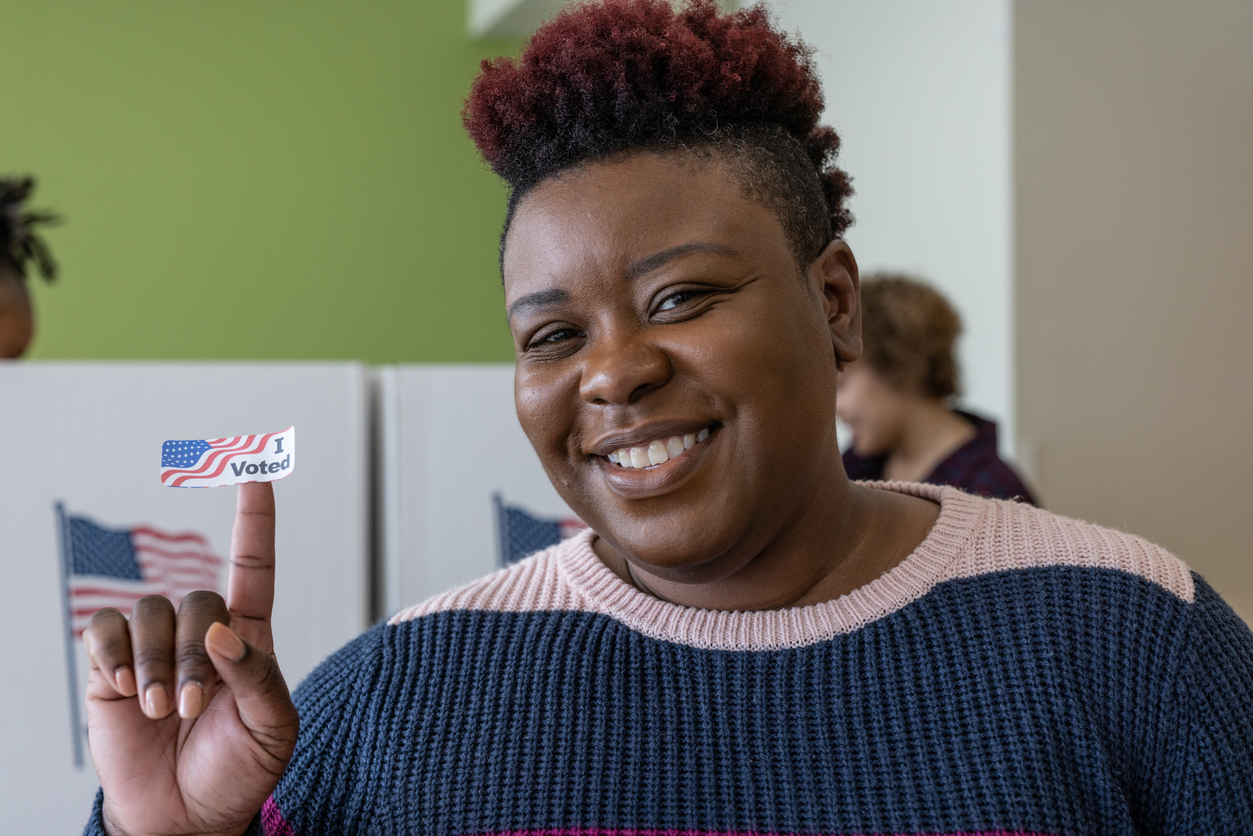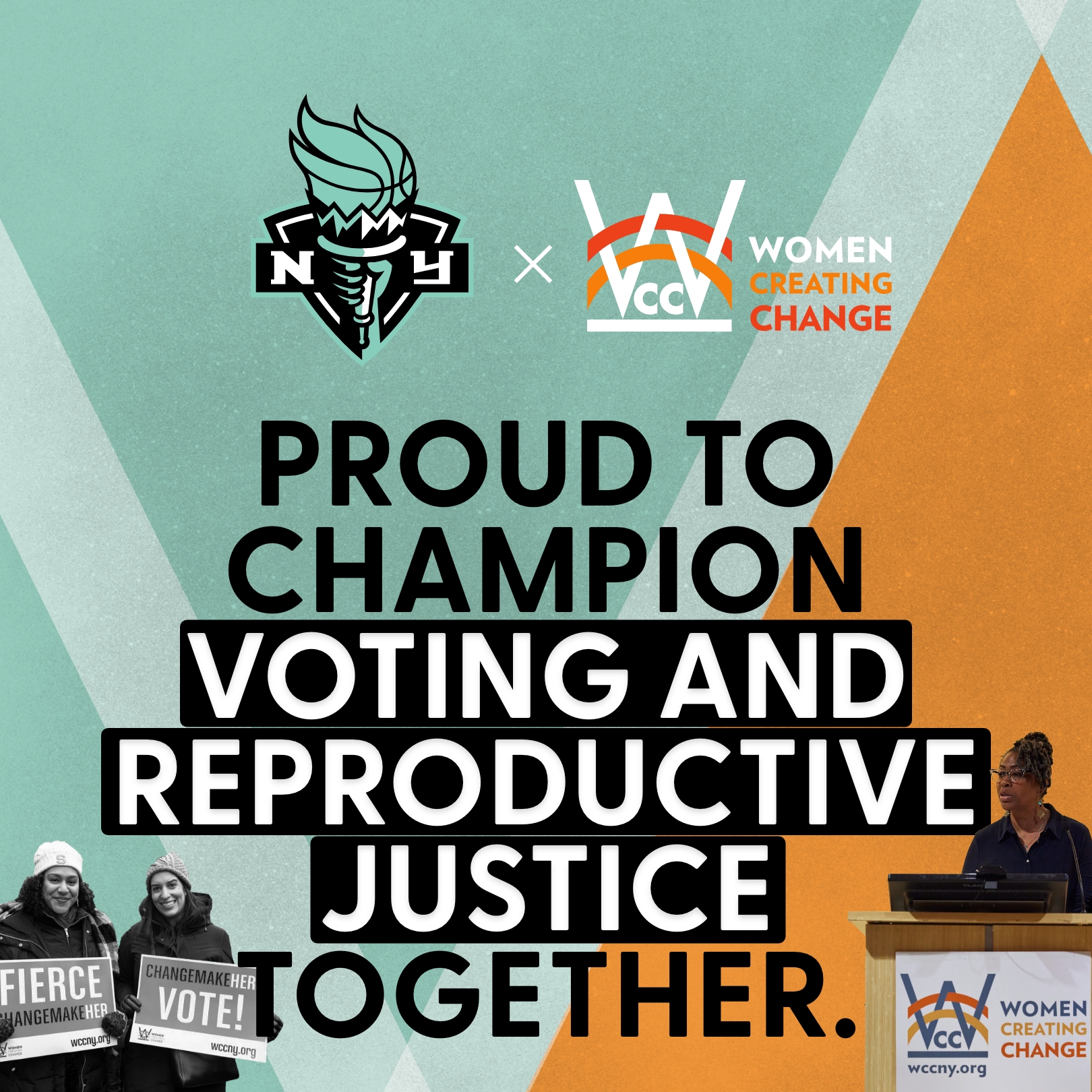Tips for Getting Started
Start Close to Home
You know your community best and care about it most. It’s usually easier to get involved when it’s convenient for you!
Define Your Values
Think about what you care about and why?
Figure Out Your Availability
Be realistic about your schedule and find ways to participate that match how much time you have to give. If you’re short on time, you can still sign a petition. If you have more availability, join your community board or PTA.
Do It With Friends
Being involved and making a difference can be more fun when you are around people you like to spend time with. Attend a protest with your pals. Make voting a family affair. Volunteer at the community garden with your grandma. Together can be better!
Spread Awareness
Share ways you are getting involved and making a difference by talking to family and friends, inviting them to events or volunteer opportunities, and reminding them to vote. Posting on social media, and even just “liking” a post, is one great way to get the word out and support causes you care about.
Find Who Represents You In Government
One of the first things to do in your civic participation journey is to find out which elected officials represent you in government.
- You can learn more about their backgrounds, what issues they care about, and their positions on different policies.
- Once you know who your elected officials are, save their phone numbers in your phone so you can easily contact their offices about issues you care about.
- Join their mailing lists (for your City Council Member in particular) to keep up to date with news, events, opportunities, and policies that affect your neighborhood and the City.
Remember, elected officials work for YOU and want to help you. Don’t be shy about communicating with their offices when you have a question or concern about your community or to tell them your position on an issue.
Get Ready to Vote
Who we elect into office affects our lives, our families and our communities. Want to have a say in policy change? Go out there and vote for candidates that best represent your views and issues.
Here are three things to do in advance of voting.
1. Register to Vote (or Check Your Voter Registration)
Go to vote.nyc and check your voter registration to make sure you are registered (if not, register), and that the information and address are correct.
2. Bookmark an Election Calendar so you can add key election dates and deadlines to your calendar.
3. Learn More About the Candidates
Find out what the candidates beliefs are, and what they care about, by going to their websites, following the news, watching debates, and attending community events.
Check out vote411.org.
4. Vote!
Make a plan to vote when it works in your schedule. Remember, you can vote on election day or during New York City’s early voting days. Learn about the ways to vote from NYC Votes.
Keep Track of Local News
Sign up to receive email digests to stay up-to-date and/or follow local news outlets on social media. Here are some useful media outlets:
-
- City & State: cityandstateny.com (Sign up here)
- City Limits (the Weekly): citylimits.org (Sign up here)
- THE CITY: thecity.nyc (Sign up here)
Beware of Misinformation
Make sure you are getting information from reputable news sources that have journalistic standards. Remember, your friend’s post on Facebook might not be accurate news!
Make sure you are getting the facts when you see information online (factcheck.org).

